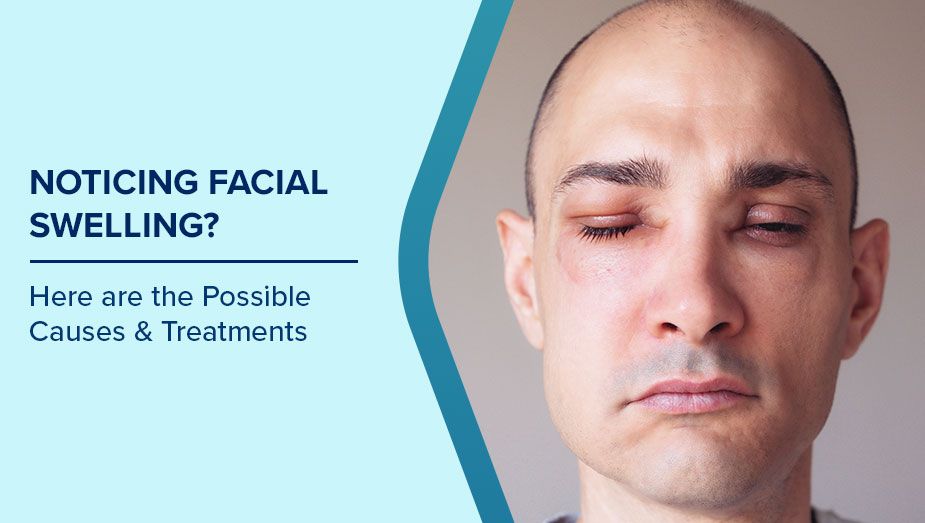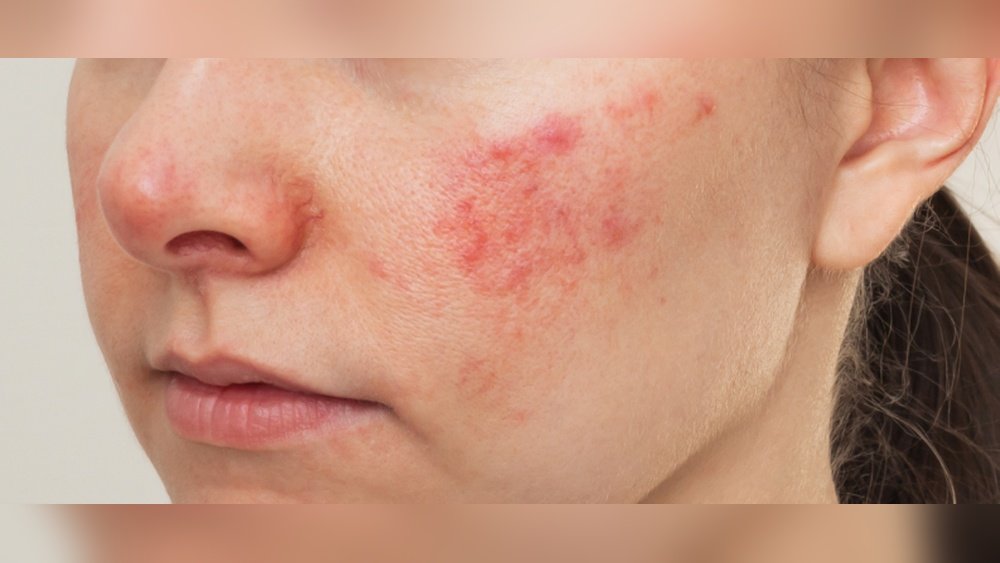Have you ever woken up after a night of drinking and stared at your face, wondering why your skin looks tired, puffy, or red? What if you could understand exactly what alcohol does to your facial skin overnight—and how it impacts your appearance beyond just the morning after?
When you drink alcohol, it doesn’t just affect your head; it affects your skin in ways that might surprise you. From dryness and redness to puffiness and even speeding up wrinkles, alcohol sets off a chain reaction while you sleep.
If you want to know why your skin looks less vibrant and how to protect your glow, keep reading—because what happens to your skin overnight could change the way you think about your next drink.

Credit: www.maxhealthcare.in
Dehydration And Dryness
Alcohol impacts the facial skin mainly through dehydration and dryness. Its diuretic nature causes the body to lose more water than usual. This loss affects the skin’s moisture balance overnight.
Without enough water, the skin becomes dry and flaky. The natural glow fades, leaving a dull and tired appearance. These effects are visible the next morning, making the skin look less healthy.
How Alcohol Causes Dehydration In Skin
Alcohol increases urine production, which removes water from the body. This water loss reduces the moisture available to the skin cells. As a result, the skin loses hydration quickly.
Dehydrated skin feels tight and rough to touch. It also loses its ability to repair itself during sleep. Over time, this can lead to more serious skin problems.
Signs Of Dryness On The Face After Drinking
Dryness shows as flaky patches and rough texture on the skin surface. Fine lines may appear more pronounced because dry skin lacks elasticity. The skin also looks dull and lacks its usual brightness.
These signs often become clear after a night of drinking. They can last for several hours or even days if hydration is not restored.
Preventing Skin Dehydration Caused By Alcohol
Drinking water alongside alcohol helps maintain skin moisture. Applying a good moisturizer before bed supports skin hydration. Choosing skincare products with hydrating ingredients adds extra protection.
Limiting alcohol intake reduces the risk of dry, damaged skin. Restoring hydration quickly helps the skin recover faster.

Credit: www.amazon.com
Redness And Puffiness
Alcohol can cause noticeable redness and puffiness in facial skin overnight. These effects occur due to changes in blood flow and fluid balance. The skin may look inflamed and swollen, especially around sensitive areas.
How Alcohol Causes Facial Redness
Alcohol makes blood vessels widen, increasing blood flow near the skin surface. This causes the skin to appear red or flushed. The effect is more visible on lighter skin tones. Broken capillaries can also form, creating small red lines on the face.
Why Puffiness Develops After Drinking
Alcohol causes the body to retain water in certain areas. This leads to swelling or puffiness, particularly around the eyes and cheeks. The skin looks bloated and less defined. Puffiness happens because alcohol disrupts the body’s normal fluid balance.
Inflammation’s Role In Redness And Swelling
Alcohol triggers inflammation in the skin. This makes redness and swelling worse. Inflamed skin feels sensitive and may appear warmer. Inflammation also slows the skin’s natural healing process overnight.
Breakouts And Irritation
Alcohol can cause breakouts and irritation on your facial skin overnight. These effects happen because alcohol changes how your skin behaves while you sleep. Your skin becomes more sensitive, making it easier for pimples to form and redness to appear.
Drinking alcohol increases oil production in your skin. Excess oil can clog pores and trap dirt. This creates a perfect place for bacteria to grow. Bacteria cause inflammation and pimples, leading to breakouts.
Alcohol also causes dehydration, which dries out your skin. Dry skin can become flaky and irritated. When skin is irritated, it is more likely to turn red and itchy. These reactions make your skin look unhealthy and uncomfortable.
Increased Oil Production
Alcohol makes your skin produce more oil. This extra oil mixes with dead skin cells. It blocks pores and causes blackheads and whiteheads. Over time, this leads to more acne and breakouts.
Inflammation And Redness
Alcohol triggers inflammation beneath your skin. This causes redness and swelling. Inflamed skin can feel hot and tender. It also becomes more sensitive to touch and other products.
Dryness And Irritation
Alcohol removes water from your body and skin. Dry skin loses its natural barrier. Without this barrier, skin becomes irritated easily. It may peel, itch, or feel tight after drinking.
Clogged Pores And Bacterial Growth
Excess oil and dead skin block pores after drinking. Blocked pores trap bacteria and dirt. Bacteria cause pimples and pustules. This leads to painful and visible breakouts.
Premature Aging Effects
Alcohol speeds up the aging process of your facial skin overnight. It dehydrates the skin deeply, causing it to lose its natural glow. Loss of moisture makes the skin dry and flaky, which leads to early wrinkles.
Chronic inflammation caused by alcohol weakens skin cells. This makes fine lines and crow’s feet appear faster than usual. The skin’s ability to repair itself slows down, causing a dull, tired look.
Dehydration And Loss Of Elasticity
Alcohol is a strong diuretic. It pulls water out of your body, including your skin. Without enough moisture, skin becomes tight and less elastic. This dryness promotes the formation of wrinkles and fine lines.
Damage To Collagen And Elastin
Collagen and elastin keep skin firm and smooth. Alcohol reduces their production by depleting essential nutrients. Lower collagen levels cause sagging skin and deeper wrinkles. The skin loses its youthful bounce and strength.
Inflammation And Redness
Alcohol triggers inflammation in the skin. This causes redness, puffiness, and broken capillaries. Inflammation damages skin cells and speeds up aging. Over time, the skin looks rough and uneven.
Nutrient Deficiency Impact
Vitamins like A and C are vital for skin repair. Alcohol consumption lowers these nutrients in your body. Lack of nutrients slows down healing and cell renewal. The skin appears dull and ages prematurely.
Nutrient Loss And Inflammation
Alcohol consumption affects your facial skin by causing nutrient loss and inflammation. These effects can happen overnight and show up as dullness, redness, and swelling. Understanding how alcohol impacts your skin helps in reducing damage and maintaining a healthy complexion.
Nutrient Depletion And Skin Health
Alcohol reduces important vitamins and minerals in your body. Nutrients like vitamin A, C, and E are essential for skin repair and glow. Without these nutrients, your skin cannot heal properly.
Vitamin A supports collagen production, keeping skin firm and elastic. Lack of it leads to wrinkles and dryness. Vitamin C helps protect skin from damage and boosts healing. Alcohol lowers these vital nutrients quickly.
Inflammation And Its Effects On The Skin
Alcohol triggers inflammation in the skin, causing redness and puffiness. Blood vessels expand, making your face look flushed or blotchy. This swelling can last until the next day, making your skin appear tired.
Inflammation also worsens existing skin problems like acne and rosacea. It breaks down skin barriers, allowing irritants to penetrate easily. Over time, this results in a dull, uneven complexion.

Credit: www.abhasa.in
Frequently Asked Questions
What Does Alcohol Do To Your Facial Skin?
Alcohol dehydrates skin, causing dryness, redness, puffiness, and clogged pores. It accelerates aging and worsens acne and rosacea. Chronic use leads to wrinkles, dullness, and skin inflammation. Nutrient loss from alcohol also reduces skin elasticity and vibrancy.
What Does A Drinker’s Face Look Like?
A drinker’s face often shows redness, puffiness, dryness, and broken capillaries. Long-term effects include wrinkles, dullness, and yellowish skin from liver damage.
What Does Alcoholism Do To Face?
Alcohol dehydrates skin, causing dryness, redness, puffiness, and premature aging. It worsens acne, rosacea, and dullness. Chronic use leads to wrinkles and yellowish skin from liver damage.
How Long Does It Take For The Face To Depuff From Alcohol?
The face typically depuffs from alcohol within 24 to 48 hours as the body rehydrates and inflammation reduces. Drinking water and rest speed recovery.
How Does Alcohol Cause Facial Skin Dehydration Overnight?
Alcohol makes your body lose water, drying out your skin and making it look flaky and dull.
Why Does My Face Get Red After Drinking Alcohol?
Alcohol widens blood vessels, causing redness and visible broken capillaries on your face.
Conclusion
Alcohol can quickly harm your facial skin overnight. It draws moisture out, leaving skin dry and tight. Redness and puffiness often appear by morning. Pores may clog, causing breakouts. Over time, these effects add up, speeding skin aging and dullness.
Drinking less helps keep your skin healthy and glowing. Remember, simple choices tonight affect how your skin looks tomorrow. Take care of your skin to keep it fresh and vibrant.
 Skip to content
Skip to content 